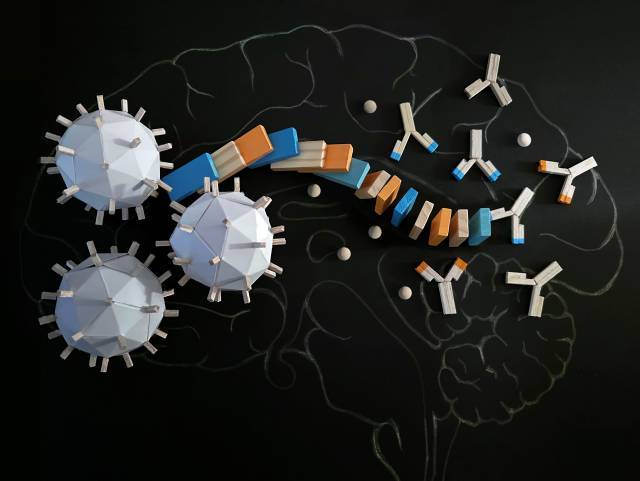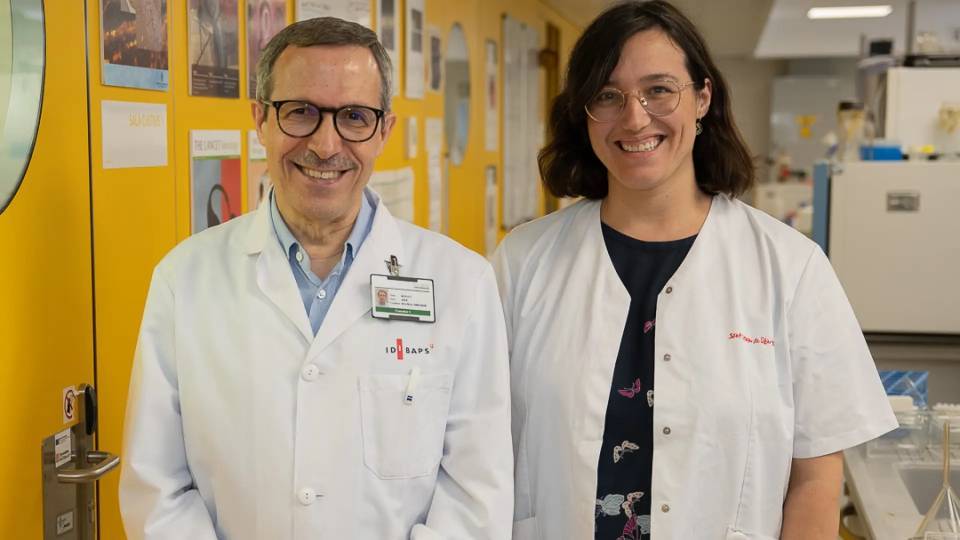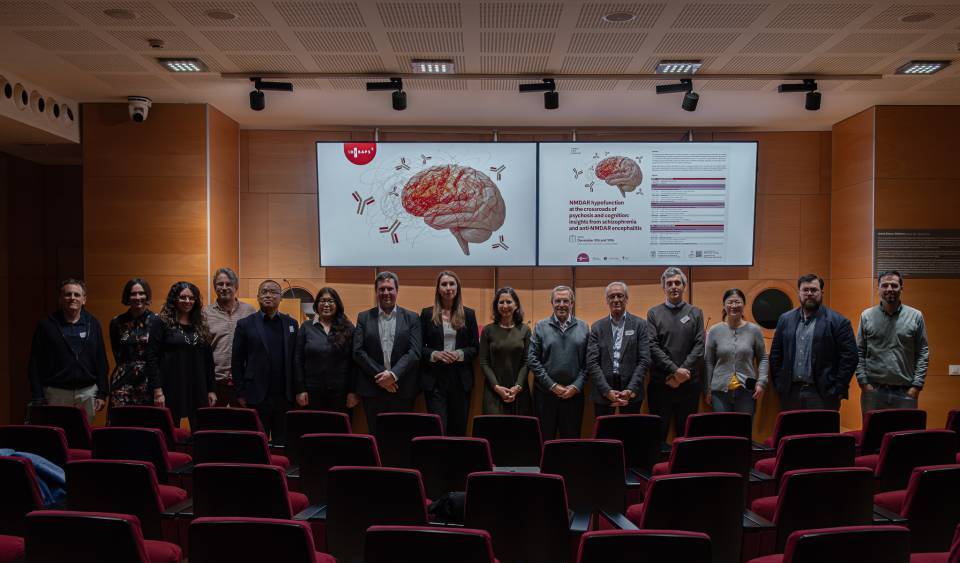A team led by Thaís Armangué, the head of the Neuroimmunology Unit at Hospital Sant Joan de Déu and a researcher in the IDIBAPS Pathogenesis of Autoimmune Neuronal Disorders group, led by Dr Josep Dalmau, has conducted a study describing new biomarkers that help to predict and monitor the outset of autoimmune encephalitis after infection.
Published in the journal Brain, the study followed nearly 200 patients with herpes simplex encephalitis and identifies three predictive factors that are only found in patients who develop the autoimmune complication.

Firstly, the IDIBAPS-Hospital Clínic Barcelona team found that most people who develop this autoimmune complication have three different characteristic syndromes according to age: chorea-type involuntary movements and epileptic seizures in children under four years of age; isolated psychiatric disorders in children older than four and adults; or a combination of these syndromes in adolescent and young adult patients. The researchers recommend being alert to patients who have presented with herpetic encephalitis in case these syndromes appear so the autoimmune complication can be diagnosed early.
Secondly, the researchers reveal for the first time that there is a genetic factor predisposing people to present this complication, as has already been found in other autoimmune diseases. The analyses reveal that people with certain variants of a membrane protein known for its involvement in the immunological response and the antiviral response (the human leukocyte antigen, HLA) have a greater risk of developing postherpetic autoimmune encephalitis, according to Armangué.
Finally, the work reveals a new blood biomarker as the most powerful predictive factor of autoimmune encephalitis, potentially useful both for diagnosis and for monitoring neurological complications. It is a biomarker that shows the activation of the type I interferon pathway in blood, which is activated during viral infections. If this marker remains slightly elevated after three weeks of encephalitis, it would be predictive of an autoimmune complication, while if it is very elevated, it suggests a complication directly produced by the virus.
Thaís Armangué says: “These biomarkers and predictive factors can currently help us to differentiate and specifically treat complications produced by the virus, such as autoimmune encephalitis. In the future, they could help to indicate the best time to start treatments to prevent them, surely with immunotherapy”.
Reference article:
Thaís Armangué, Gemma Olivé-Cirera et al. Neurologic complications in herpes simplex encephalitis: clinical, immunological and genetic studies in Brain, Volume 146, Issue 10, October 2023, pages 4306–4319.




